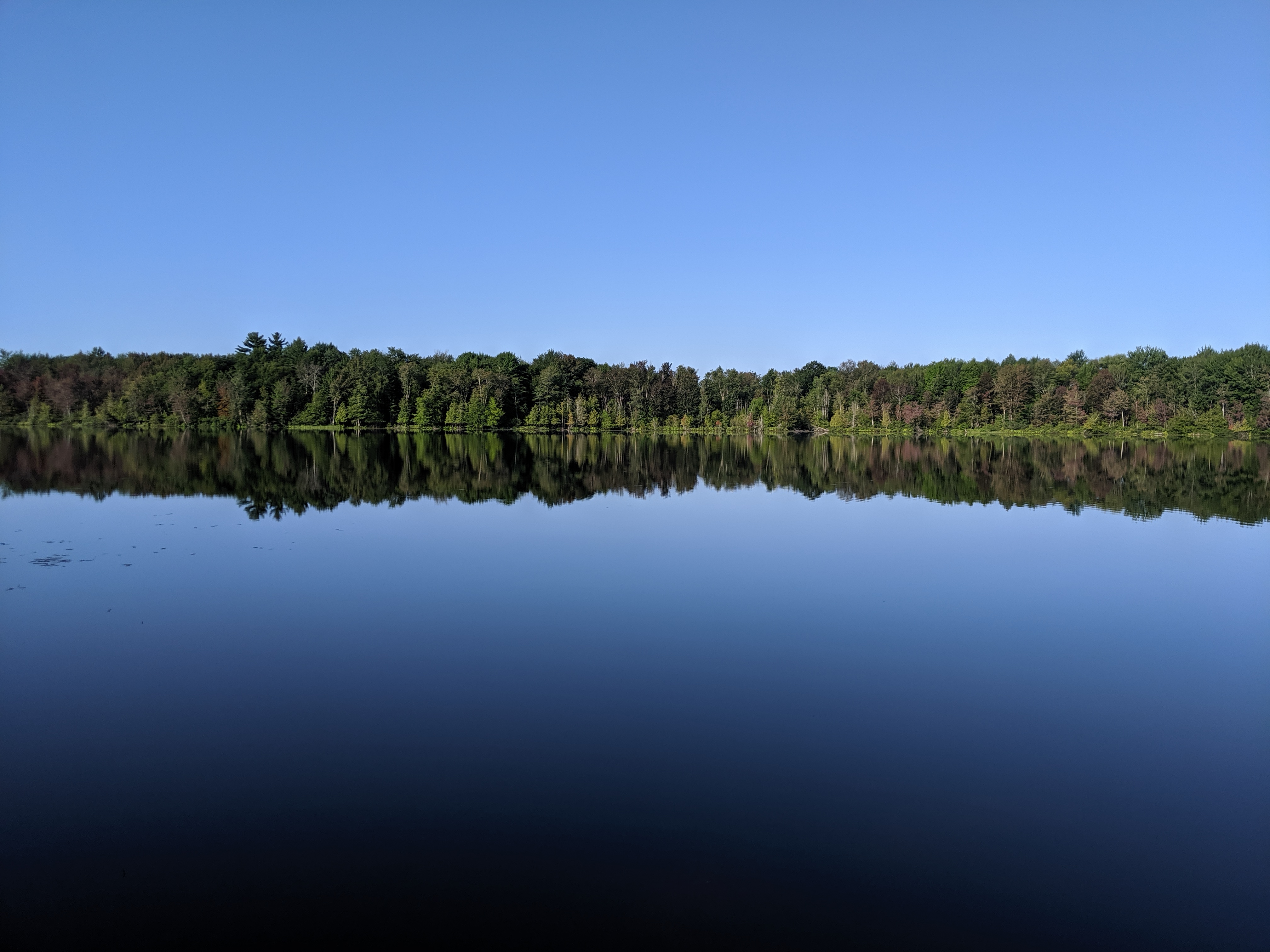When Daniella follows her lover to the south of France and passes a gruelling interview to join a shared flat with young alternative French in the south of France it takes her on a journey through France’s revolutionary legacy where music and protest come together.
With the Anarchist Choir, she sings for unemployed coal miners in the Cévennes mountains. She marches with activists in the streets of Montpellier and finds herself between violent gangs and the agents provocateurs of the French police. She works with an immigrant association to help African girls who have been tricked into prostitution by sorcery. As a teacher at a university, she discovers the legacy of France’s ‘68 social revolution. Later, she becomes a traveling psychologist and marriage prospect for the last of France’s small peasant farmers.
With humour and vivid descriptions, Daniella explores the unknown subcultures of France. She reveals how the history and songs of previous generations still shape the lives of people in France today, and inspires with stories of people who keep a defiant spirit.


PROLOGUE
Bliss was it in that dawn to be alive, But to be young was very heaven!”
William Wordsworth referring to the French Revolution.
We are knights, troubadour knights and song is our weapon. We ride along on waves of wind and sound and liberty and we know that this is the perfect time to be alive.
France, at the end of summer, is hazy with dust and wine. We are heading north and the dark green forest that covers the limestone hills of the south has given way to yellowing grape leaves which have soaked up all of the summer sun. We snatch all we can of this golden light. We can’t delay. We have a mission. We will soon play our part in the creation of a modern-day myth that will galvanize future generations. Our choir has been invited to sing at Notre Dame des Landes, France’s biggest and longest lived protest site.
Vince, my flatmate, is driving with a cigarette in one hand and a coffee in the other and spouting lines of radical thought that he hopes will impress the girls he meets there. Traveling in his ancient Peugeot is like being in a family womb that stretches back through generations of immigrants into France. The roof of his car is a tattered sky of blue and yellow African print cloth that his grandparents brought from the Ivory Coast in battered suitcases and we sit on hand-sewn seat covers with green and orange flowers that came with his grandmother from Lebanon.
Gersende’s flame-red hair flies in the wind like burning arrows. She reaches over from the back seat and turns the music up as she tries to sing her way out of a hangover. Two men’s voices sing in Spanish with sadness until they rise up in warning and anger. Gersende tells us that the song was written in the 1960s to honor the opposition to Franco’s dictatorship. It doesn’t matter what Gersende says, her language is thick with slang and she speaks never without the fiercest of passion. She pulls the words out of a red songbook, and they spin out behind us into the sky.
For me this is the last of my rites of passage in France. Now I am where I want to be. I am among music and song and with young people who are possessed by hope and ideals. We are going to help save farmers from being evicted from their land.
“It’s become a separate state,” Vince says, excited by the thought of the action to come. “I hear it’s got borders and guards.”
“And I hear the music is magnifique,” Gersende says.
Somewhere between Bordeaux and Nantes, we pick up a hitch-hiker. She is young. With her flowered skirt and a white face set with dreamy blue eyes, she floats on this noisy motorway like a dream. She is hitch-hiking the motorways of France with a musical instrument which is the size and maneuverability of a newborn calf.
“It’s a psaltery, from the 14th century,” she says.
We sit in a stubble of grass at a service station, and she plays a song which once floated from medieval castles over tiny villages where women milked cows by hand. No-one in France bats an eyelid at a damsel with a medieval zither sitting in front of a petrol pump.
When we drop her off, she wrestles her instrument from the tangle of Buddhist flags in Vince’s car and hands him a sweaty piece of paper.
A scent of liberty
in this car
A scent of liberty
A warm day of summer
Vince tacks the poem to the ceiling and it flutters there like one more prayer flag.
I think back to when I arrived in France and reached out for an alternative life.